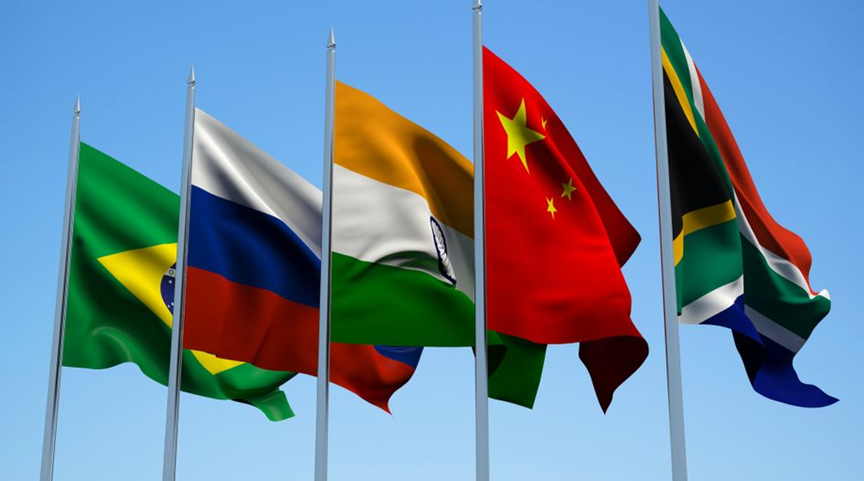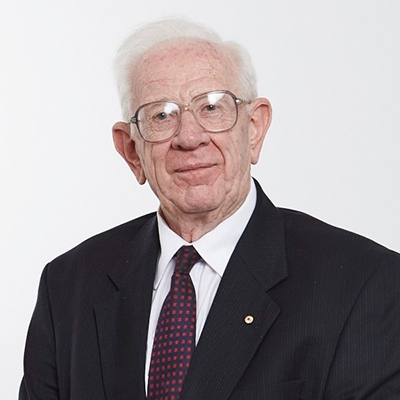

Among world groupings there has recently been formed a club known as BRICS, which stands for Brazil, Russia, India, China and South Africa. Starting as BRIC the decision of South Africa to join was motivated by its desire for prestige, the likelihood of infrastructure help from China, new markets and a seat at some of the top tables. The population of these countries is 1.43 billion for India, 1.41 billion for China, 220 million for Brazil, 144 million for Russia and 60 million for South Africa. That’s a total of 3.26 billion or 40% of the world’s population of 8 billion.
Three of the five countries are democracies with two dictatorships, Russia and China. Russia is run by an imperialist dictator intent on disrupting the world, while China is run by a forever ruler who is lining up his country for an open military contest with the United States of America. That leaves three democracies, India, Brazil and South Africa.
It so happens that two of these countries, India and South Africa, were once part of the Anglosphere and are still Commonwealth countries. By chance, these two countries recently had more-or-less simultaneous elections, both reporting their final results on Tuesday 4 June. They make for interesting compare/contrast details. I begin by noting that 642 million valid votes were cast in India and 32 million in South Africa. In that sense, India’s election was by far the more important.
When I say that these election results gave good news, I should declare the party of which I am a putative member. For India, it is the Congress party that I support for its secularism. I find the religiosity of the Bharatiya Janata Party (BJP) sickening – in addition to disliking Narendra Modi personally. In South Africa, I am a putative supporter of the Democratic Alliance. In both cases there was majority government for at least a decade and in both cases I welcome the fact that the big party, India’s BJP and South Africa’s African National Congress, has been forced into a coalition government with parties more sympathetic to my views.
The electoral system for the two countries is very different. India’s 543 constituencies in its lower house (Lok Sabha) return one member each by first-past-the-post voting and counting of votes. That leads to rather unpredictable results and, much of the time, very disproportional results with the biggest single party typically receiving a much higher share of seats than it gets of votes. South Africa’s system, by contrast, is highly proportional and members of the lower house (National Assembly) get their seats from party lists. So, India’s members are directly chosen by the people while South Africa’s are, in effect, party machine appointed.
In South Africa, the African National Congress received 12,698,759 votes and won 159 of the 400 seats. That is 40% of seats for 40% of votes. Then again, the African Christian Democratic Party secured 190,460 votes (less than 1%) and won three seats while the ultra-leftist Pan Africanist Congress of Azania received 77,544 votes from which it secured the election of just one member. That is the most proportional electoral system in the world. What is remarkable is that the ANC ruled the country as a majority government from 1994 to 2024, a 30-year period.
The ANC has governed in majority essentially because it is the party of African liberation but a stagnant economy, corruption scandals and record levels of crime and unemployment have seen its vote punished recently. The president of democratic South Africa, elected by the National Assembly, has always been from the ANC being Nelson Mandela (1994-1999), Thabo Mbeki (1999-2008), Kgalema Motlanthe (2008-2009), Jacob Zuma (2009-2018) and Cyril Ramaphosa (since 2018). Ramaphosa won the June 2019 election with 57.5% of the vote and 230 seats, that being the lowest number as a majority. The number of ANC seats had been 252 in 1994, 266 in 1999, 270 in 2004, 264 in 2009 and 249 in 2014.
This recent election was fully and accurately predicted by the opinion polls, which consistently predicted that the ANC would get 40% of the vote, as turned out to be the case. But, while the number of seats each party would win was predictable, the unpredictable element was the shape of the coalition government post-election. Two big parties of the left (both breakaways from the ANC) were expected to win a goodly number of seats. That turned out to be the case, but the leader of each party had something wrong with him so their dreams of a substantial turn by South Africa to the left have been unfulfilled. There won’t be any seizing of white-owned land.
The new government is called a government of national unity, but it really is a coalition government led by Ramaphosa, in which the ANC is joined by two traditional opponents. The ANC has 159 seats, the Democratic Alliance 87 and the Inkatha Freedom Party 17, a total of 263. Ramaphosa is a good man, and my only criticism of his government has been its anti-Western foreign policy. However, that may now perhaps be modified by the influence of the two new parties to join his government.
My delight at the Indian result is just as great as that for South Africa – but for different reasons. Here was arrogance rightly punished – a different kind of arrogance to that of the ANC but arrogance none-the-less. India’s Hindu-nationalist Prime Minister Narendra Modi thought he would win a third straight landslide election victory, but it was not to be – fortunately. The opinion polls were hopelessly wrong, as were the exit polls,
Modi’s attacks on India’s 200 million-plus minority Muslim community reminded me of Donald Trump’s attack on refugees. Modi has referred to Muslims as “infiltrators”, Trump asserts that refugees have “poisoned America’s blood”. The BJP won 303 seats in 2019, a majority in its own right - and expected to increase that number! Now the BJP has only 239 seats, or 44% of the lower house – hence the need for a coalition.
One especially pleasing feature of the results is that Congress has increased its number of members from its 2019 tally of 52 seats to 98 at this election. That has resulted in a great increase of confidence in Congress leader, Rahul Gandhi.
The British system of first-past-the-post in single-member constituencies has several virtues but also defects, which mean it survives only in countries of British heritage, The rest have proportional representation systems. One particular feature of this Indian result is the marginalization of the Muslim community. There are Muslim members of the Lok Sabha but every one of them sits on the Opposition benches. That means India has a government so hostile to Islam that it has not a single representative from a community that comprises 15% of the country’s population.
Finally, I mentioned above that the only thing I dislike about Ramaphosa is his anti-Western foreign policy. In that respect, Modi is, perhaps, not quite as bad. However, it should be mentioned that Modi has fallen short in failing to condemn Vladimir Putin’s lawless invasion of Ukraine. India’s opportunistic purchase of Russian oil at bargain basement prices in defiance of sanctions is wrong. When it comes to Ukraine, both Modi and Ramaphosa are in my bad books.